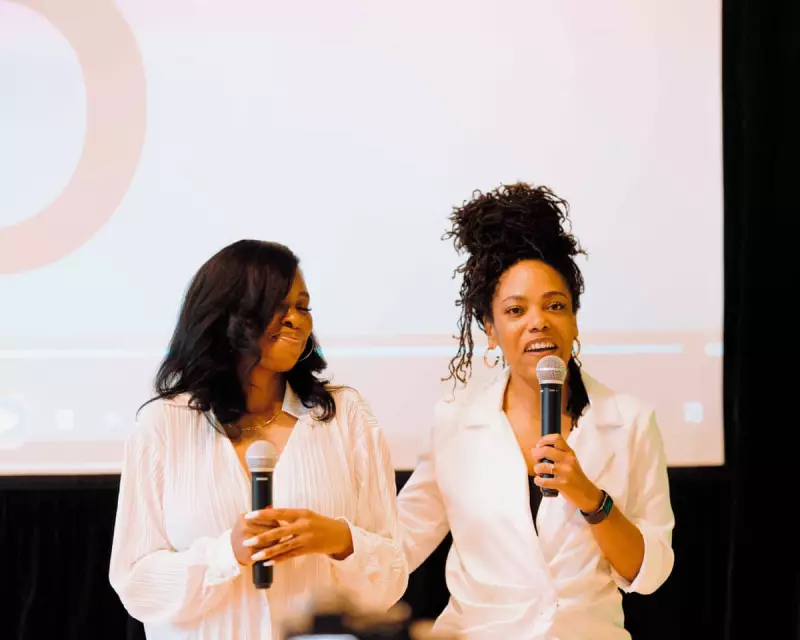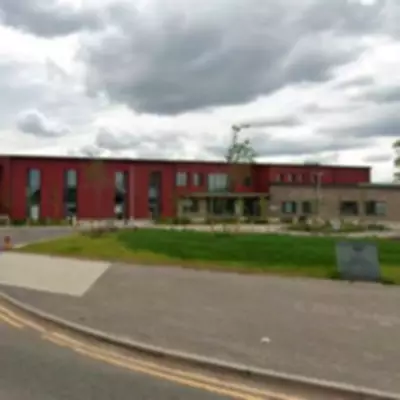
Two decades on from the catastrophic blow of Hurricane Katrina, a profound and unsettling truth has emerged from the floodwaters: the reconstruction of New Orleans' education system was built upon the deliberate dismantling of its Black teaching community.
A powerful new analysis, marking the 20th anniversary of the disaster, exposes how the mass firing of nearly 7,500 educators—most of whom were Black women—was not a necessary evil of recovery, but a calculated policy choice that stripped the city of its educational heart and soul.
A Profession Purged Overnight
In the chaotic aftermath of the storm, the Louisiana state legislature made a fateful move. It voted to place all New Orleans public school employees on 'disaster leave', effectively severing their contracts and stripping them of their livelihoods. This single act did what the hurricane could not: it permanently broke the city's teaching backbone.
The figures are stark. Before Katrina, Black teachers constituted over 70% of the educator workforce. The mass termination was one of the largest dismissals of Black professional workers in modern US history, creating an educational vacuum that would be filled by a new, whiter, and less experienced teaching force.
The Charter School Revolution and Its Human Cost
The firing frenzy paved the way for a radical experiment. New Orleans became the first US city to switch almost entirely to a charter school system. While touted as a revolutionary success story that boosted student outcomes, this narrative conveniently overlooks its foundational injustice.
The new charter operators showed little interest in rehiring the experienced educators they had displaced. They sought a different kind of teacher: often younger, whiter, and from programmes like Teach for America, who would work for lower pay and without union protection.
The Lingering Scars of Educational Displacement
The consequences of this purge echo through generations. Veteran teachers lost not just jobs, but pensions, healthcare, and a profound sense of purpose. The deep community connections and cultural understanding that veteran Black educators provided were severed, replaced by a transient workforce with little stake in the city's long-term future.
This created a stark power imbalance. Today, while most students in New Orleans are Black, most teachers and school leaders are white, fundamentally altering the dynamic of education in a historically Black city.
A National Reckoning on Race and Education
The story of New Orleans' teachers is not an isolated incident. It serves as a brutal case study in how disaster capitalism and systemic racism can intersect, using a crisis to push through radical reforms that would be unpalatable in normal times.
It raises urgent questions about who benefits from education reform and who gets left behind. As cities across the world grapple with educational inequality, the lesson from New Orleans is clear: progress cannot be built on the backs of discarded Black professionals.
The fight for justice continues. Teacher unions and advocacy groups are still battling for restitution and recognition, arguing that the cultural and professional erasure of New Orleans' Black educators remains one of the storm's most enduring and overlooked tragedies.





